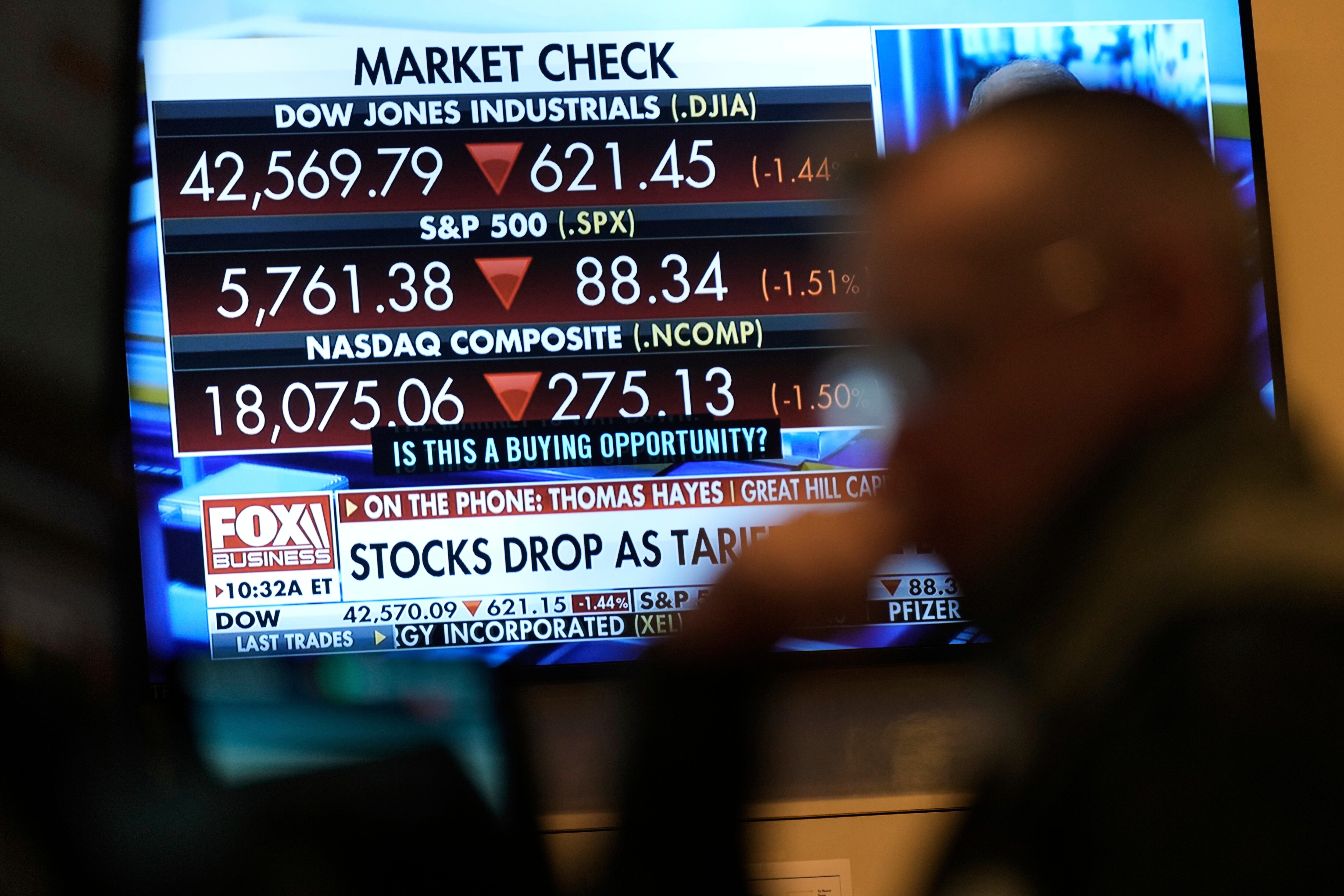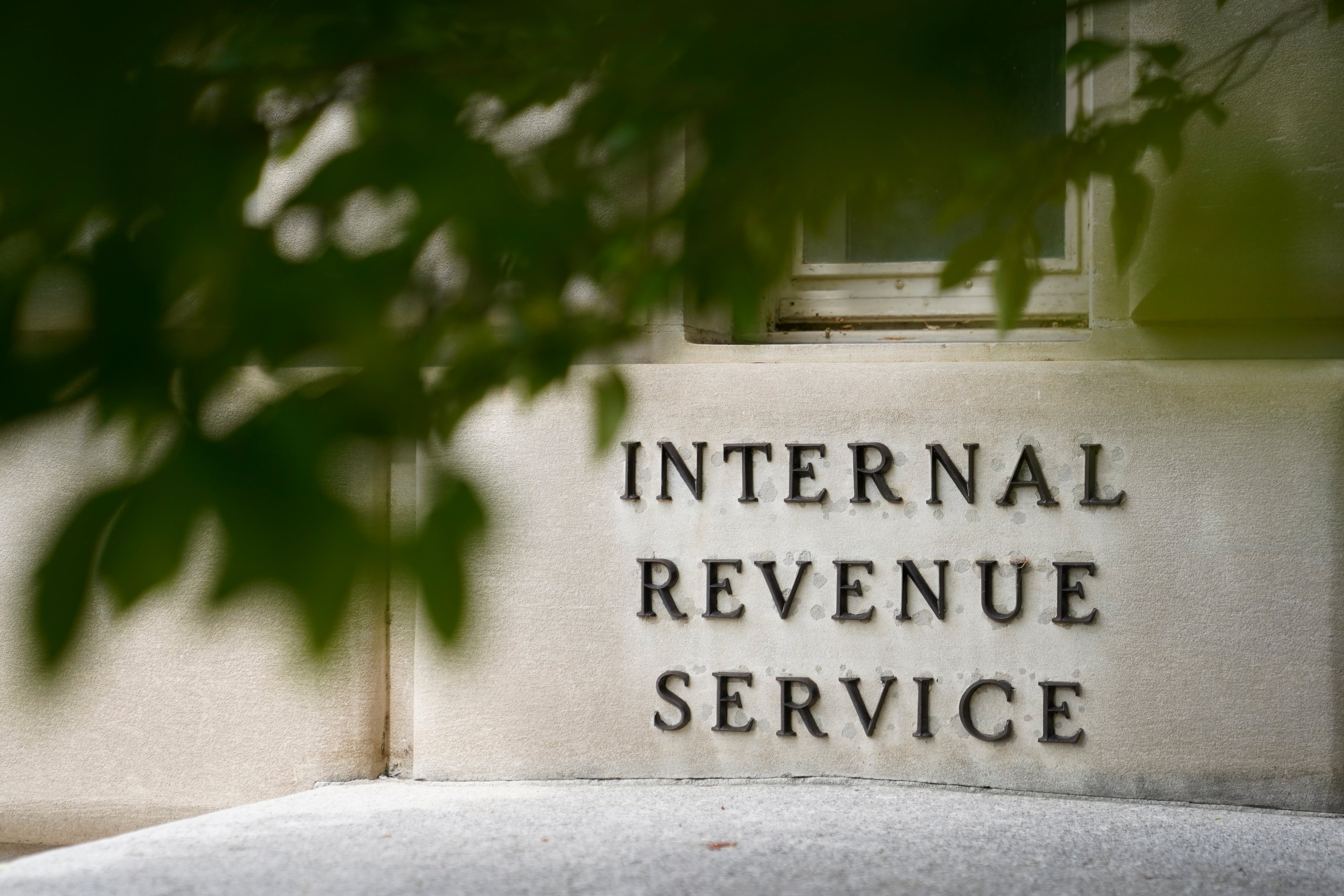If you play video games on your phone, there is a good chance you have played a game powered by Unity Technologies. The company's software is used for games on nearly 3 billion devices worldwide, and also helps scientists explore the innermost parts of the universe. One of Unity's partners is [CERN, the European Organization for Nuclear Research](https://home.cern/), which runs one of the world's most powerful particle accelerators in Switzerland. Scientists there use the company's visualization tools, like the real-time 3D development platform, augmented reality, and virtual reality tools that are used to make video games. "They use it to look at the particles as they bombard each other," said John Riccitiello, Unity's CEO, in an interview with Cheddar. "They're tired of looking at 20,000 pages of [histograms](https://home.cern/scientists/updates/2015/09/big-data-takes-root)." Industry leaders in science and transportation have turned to the software company to build more dynamic products and tools that can be used outside of video games, Riccitiello said. And Utility is also looking to better serve "prosumers" ー the professional creators who use technology to build new products. There are an estimated half a million prosumers toying around with Unity's tools. "I want to see that number go into the many millions," he said. "The world's a better place with more creators." The company may also go public. "That's the general path," said Riccitiello. "We're not putting out dates but I do believe the company is strong enough financially to go public now." He said the company has around $300 million in revenue and is seeing "very aggressive growth." For full interview, [click here](https://cheddar.com/videos/the-power-of-unity)












